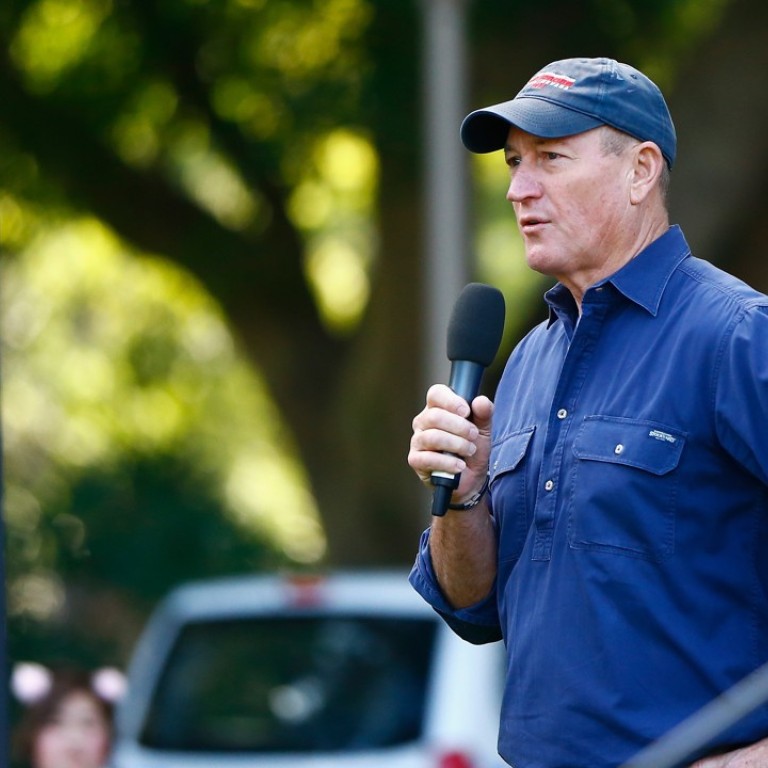
Australia stands tall above migrant bashing around the world
The political backlash over a senator’s use of the term ‘final solution’ shows the country rightly recognises the economic contributions arrivals have made
Ahead of an election year, with the government trailing in opinion polls, it takes a lot to make Australian political adversaries sweep aside their differences and speak as one on the divisive topic of immigration. A freshman lawmaker in the senate has managed it in his first speech, by calling for a return to the long-abandoned White Australia policy, which excluded Asian migrants, and for putting his proposal to a popular vote as a “final solution”, a euphemism used by the Nazis for annihilating the Jewish race. The offensive tone brought swift, unanimous repudiation from all sides.
Cross-bench senator Fraser Anning said immigration should be restricted to people who reflected the historic European-Christian composition of Australian society and “embrace our language, culture and values”, which would exclude Asians and Muslims in particular. His inflammatory remarks, in a society with more people of Chinese ancestry per capita than any other country outside Asia, prompted opponents, led by Prime Minister Malcolm Turnbull and opposition leader Bill Shorten, to reach across the political divide in unconditional condemnation.
The speech and the response served to underline the benefits to Australia of seven decades of a sustained and increasingly diverse migration intake. To begin with, his call for a plebiscite appears to overlook the fact that half the voting population is either foreign-born, or the children of foreign-born parents.
Two major influences on economic policy, central bank Governor Philip Lowe and the Treasury Department, have both recently acknowledged the benefits of migration. Lowe noted the “positive impact” of younger migrants, who had “significantly reduced the rate of population ageing”. In a paper on population growth, the Treasury said: “The community has been enriched by the presence of migrant groups”, who had brought diversity and “boost economic output per person”. At a time when immigration is a politically sensitive topic in many rich nations, the resounding recognition of the contribution of migration to Australia’s economic success is welcome, not least because of its positive impact on regional cultural and economic ties and mutual understanding.

